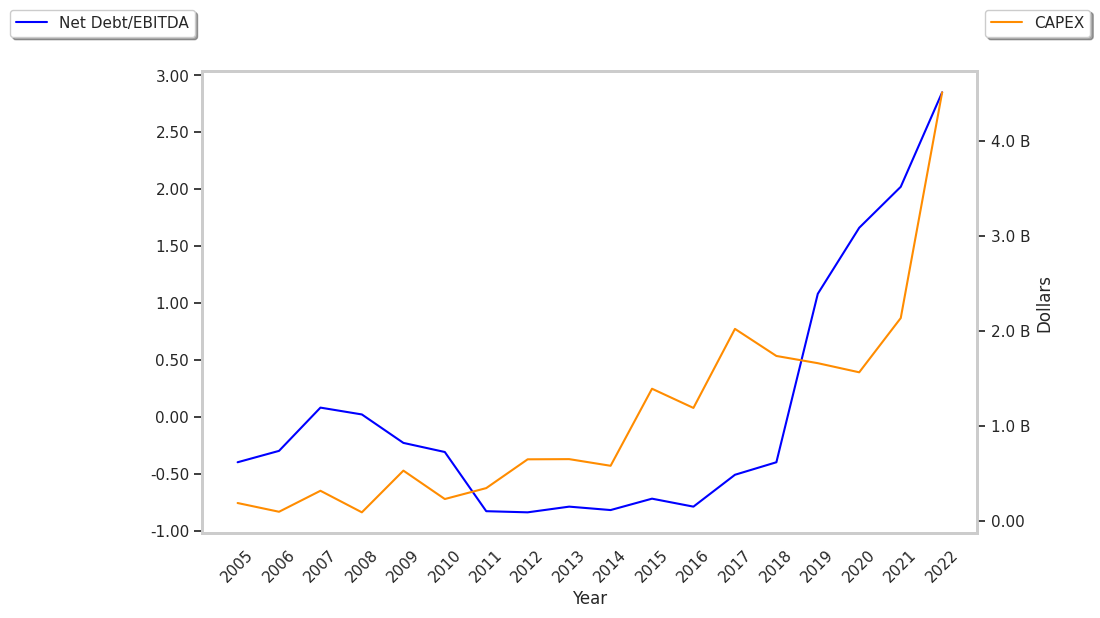It's been a strong day for Oracle. Its shares are now trading at $232.8, marking a 4.4% change since the previous market close. An analyst favorite, the Software company has a rating of buy. But could the market and the analyst community be overvaluing this stock?
Oracle has a P/E ratio of 53.8 based on its 12 month trailing earnings per share of $4.33. Considering its future earnings estimates of $7.16 per share, the stock's forward P/E ratio is 32.5. In comparison, the average P/E ratio of the Technology sector is 30.44 and the average P/E ratio of the S&P 500 is 29.3.
We can also compare the ratio of Oracle's market price to its book value, which gives us the price to book, or P/B ratio. A company's book value refers to its present equity value -- or what is left over when we subtract its liabilities from its assets. ORCL has a P/B ratio of 31.95, with any figure close to or below one indicating a potentially undervalued company.
A comparison of the share price versus company earnings and book value should be balanced by an analysis of the company's ability to pay its liabilities. One popular metric is the Quick Ratio, or Acid Test, which is the company's current assets minus its inventory and prepaid expenses divided by its current liabilities. Oracle's quick ratio is 0.632. Generally speaking, a quick ratio above 1 signifies that the company is able to meet its liabilities.
Now we turn to the actual cash that Oracle has on hand after all of its inflows and outflows of capital have been accounted for -- including non business related items such as the cost of maintaining its debt. This final bottom line is called levered free cash flow, and for Oracle it stands at -$394.0 Million. This negative cash flow could mean the company may not be able to sustain its 0.8% dividend for much longer.
At Market Inference, we will keep monitoring Oracle to see if the analysts were right to recommend the stock despite its valuation issues. We recognize that numbers don't always tell the whole story, and that qualitative factors often set high performing investments apart from the rest.



